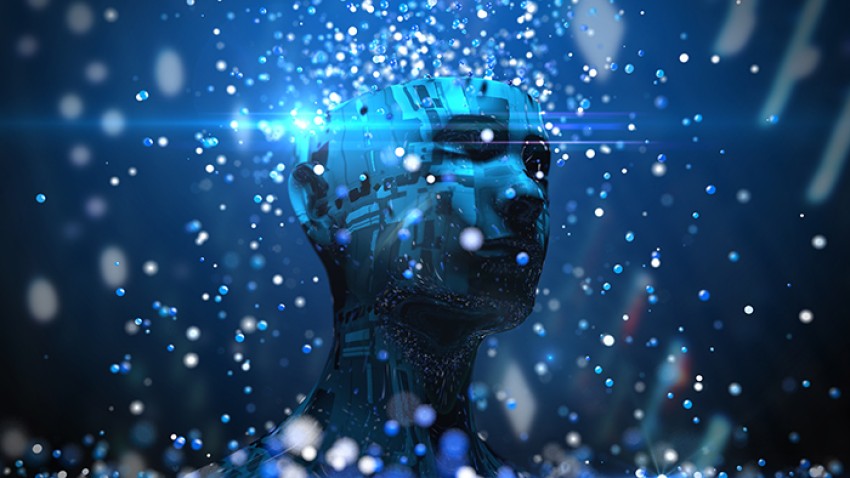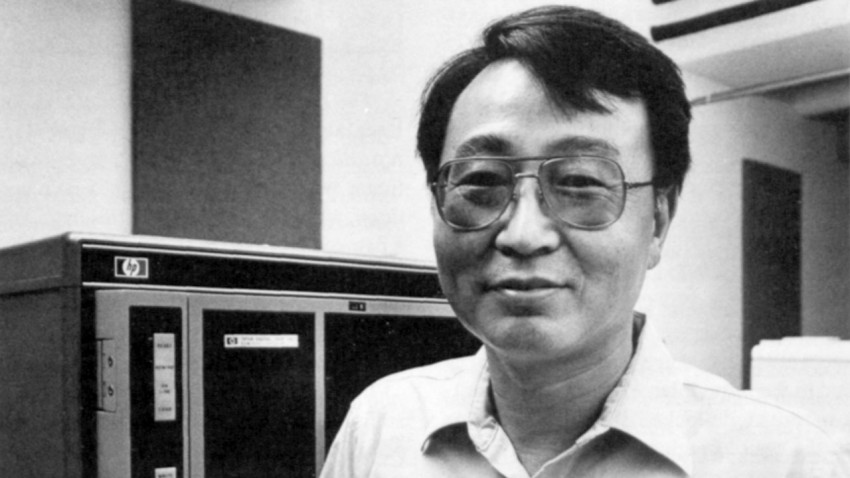News
Cornell researchers have released a new open-source platform, Cascade, that can run artificial intelligence models in a way that slashes expenses and energy costs while dramatically improving performance....
Cornell has signed on as an inaugural member of the AI Alliance, an international community of researchers, developers and organizational leaders committed to supporting and enhancing open innovation in artificial intelligence....
Researchers from Cornell Tech have developed a method to identify delays in the reporting of incidents such as downed trees and power lines, which could lead to practical insights and interventions for more equitable, efficient government service....
Researchers have demonstrated the use of artificial-intelligence-selected natural images and AI-generated synthetic images as neuroscientific tools for probing the visual processing areas of the brain....
As journalists and professional fact-checkers struggle to keep up with the deluge of misinformation online, fact-checking sites that rely on loosely coordinated contributions from volunteers, such as Wikipedia, can help fill the gaps, Cornell...
Throughout history, sonar’s distinctive “ping” has been used to map oceans, spot enemy submarines and find sunken ships. Today, a variation of that technology – in miniature form, developed by Cornell researchers – is proving a...
Hwa Chung “H.C.” Torng, M.S. ’58, Ph.D. ’60, professor emeritus of electrical and computer engineering, who invented a mechanism that helped advance high-speed computer processing, died March 31 at the John Muir Medical Center in Walnut...
A hardware accelerator initially developed for artificial intelligence operations successfully speeds up the alignment of protein and DNA molecules, making the process up to 10 times faster than state-of-the-art methods....
Researchers from Cornell and Brown University have developed a souped-up telepresence robot that responds automatically and in real-time to a remote user’s movements and gestures made in virtual reality....
Cornell Tech has announced a total of more than $10 million in gifts and grants from the Simons Foundation and the National Science Foundation, respectively, to support arXiv, a free distribution service and open-access archive for scholarly...
After the height of the COVID-19 pandemic, students belonging to underrepresented ethnic minority groups struggled to bounce back academically as compared with their non-minority classmates....
Noah Stephens-Davidowitz, assistant professor of computer science at Cornell Bowers CIS, has been named a Packard Foundation Fellow for his work in theoretical computer science and cryptography....













